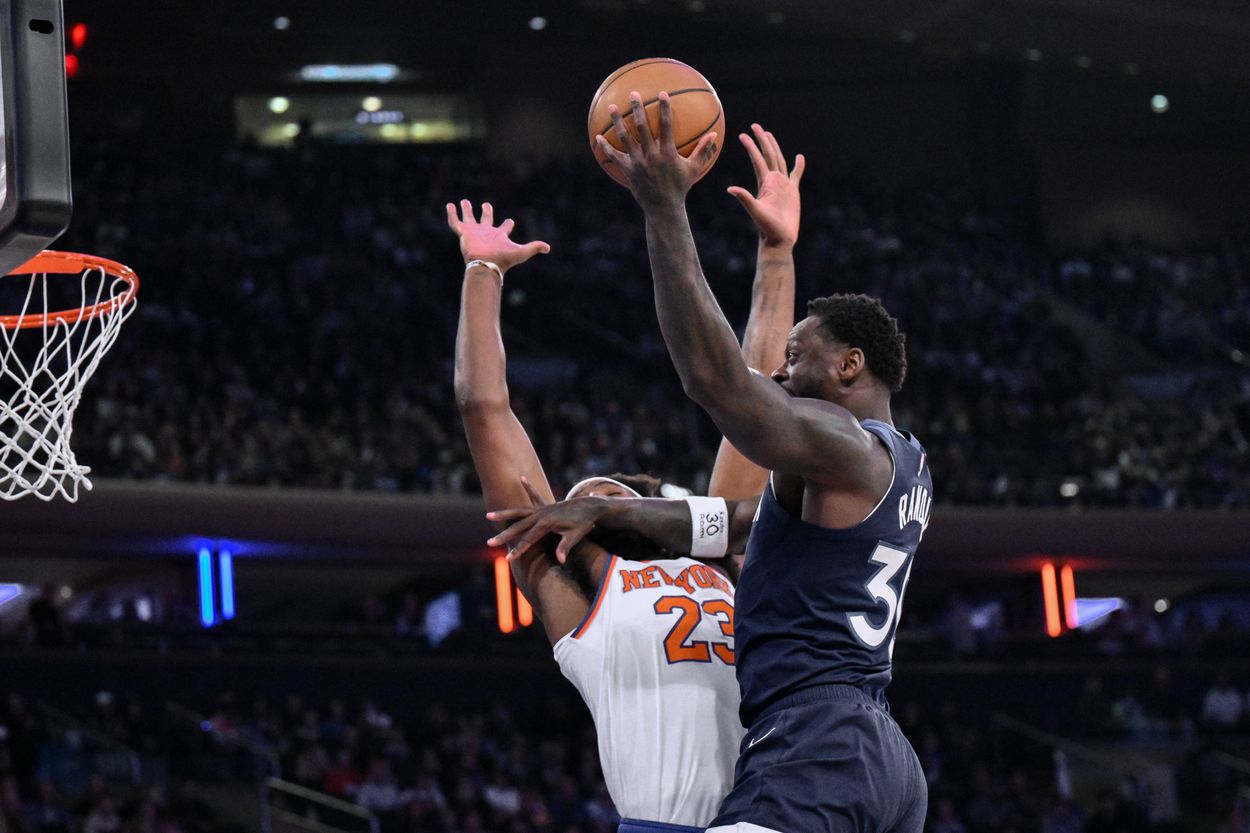
Something about the timing feels off. The New York Knicks haven’t even played a regular season game yet, and Mitchell Robinson is already expected to miss the opener — not because of an injury, but because of “load management.”
That phrase might make sense in March when players are worn down from the grind, but in October, before tip-off against Cleveland? It feels like a head-scratcher.
A strange start for Mike Brown’s rotation plan
New head coach Mike Brown is no stranger to preserving veterans and managing minutes. But Robinson isn’t coming off a deep and impactful playoff run — he’s coming off another season filled with injury setbacks, limited to just 17 regular season games. You’d think the priority would be to rebuild rhythm and conditioning, not rest.

Robinson logged three preseason games but was pulled early in the third and didn’t play at all afterward. Since then, he’s missed multiple practices and sat out the final two exhibitions. For a player supposedly healthy, that pattern doesn’t scream “routine maintenance.” It suggests something’s off — even if the team won’t say it out loud.
The logic behind the strategy
Brown defended his approach on Tuesday, explaining that resting players early isn’t new to him.
“I’ve been in different situations where you sit a guy, you manage his workload and he does certain things, whether it’s sometimes shooting free throws, sometimes it’s watching, sometimes it’s walking through this, walking through that,” Brown said. “I’ve been with a lot of guys that have done that throughout the course of my career, starting back in the early 2000s with the Spurs. We had a couple of older guys on the team, so to me it’s not odd.”
He’s not wrong about veteran management being a standard practice. The problem is that Robinson is 27 — not 37. The Knicks are operating as if he’s a late-career big man trying to squeeze out one more playoff push, not a player theoretically entering his prime.
A questionable long-term outlook
Robinson is in the final year of his four-year, $60 million deal, and his value to the Knicks has always hinged on his availability. When he’s on the court, his rebounding and rim protection change games. But staying healthy has become a recurring problem. Last season, he averaged just 17.1 minutes per game, posting 5.1 points and 5.9 rebounds before another injury shut him down.
The Knicks know he can’t be pushed to the limit, which makes the decision to manage his workload reasonable in theory. But the execution — benching him before Game 1 — feels overly cautious and slightly counterintuitive.
A plan that needs to make sense soon
If this truly is part of a long-term plan, it needs to be explained better. Otherwise, it looks like the Knicks are hiding something behind the curtain of “load management.”
They want Robinson fresh for April and May, and that’s understandable. But October minutes don’t usually break a player — they build one up. And right now, it feels like the Knicks are skipping a crucial step before the real season even begins.
